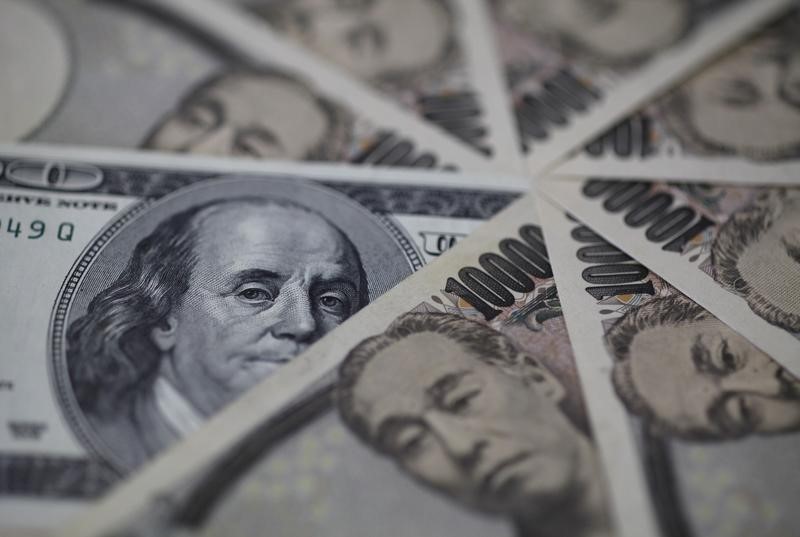Investing.com - The dollar edged higher against the yen on Thursday, and was steady against the euro, stabilizing after steep declines in the previous two sessions as falling oil prices and concerns over political uncertainty in Greece weighed.
USD/JPY was up 0.25% to 118.12, after falling to lows of 117.42 overnight, reversing a rally to a seven year high of 121.83 on Monday.
The greenback firmed up following a steep selloff, sparked by fears over risk from political instability in Greece and new restrictions on China’s debt markets, which bolstered demand for the traditional safe haven yen.
Investors were spooked by a surprise decision by the Greek government to bring forward a parliamentary vote for president to next week from February. The move raised the prospect of snap elections if Prime Minister Antonis Samaras’ candidate is not approved by parliament, which could see the anti-bailout Syriza party take power.
Jitters over the outlook for China’s economy also weighed after a Chinese government decision on Tuesday to set new restrictions on collateral for short-term loans. The move fuelled fears that the world’s second-largest economy is slowing at a faster rate than anticipated.
Demand for the dollar looked likely to remain supported by the diverging monetary policy stance between the Federal Reserve and central banks in Japan and Europe.
Last week’s strong U.S. jobs report for November prompted investors to bring forward expectations for the first hike in interest rates to mid-2015 from September 2015 ahead of the data.
Investors were looking ahead to next week’s policy statement from the Fed amid speculation that policymakers could drop an assurance that interest rates will stay low for a "considerable time".
EUR/USD was steady at 1.2460, off Monday’s two year trough of 1.2246.
The U.S. dollar index, which measures the greenback against a basket of six major currencies, was down 0.10% to 88.17, holding above almost two week lows of 87.95. On Monday the index rose to a five year high of 89.53.
